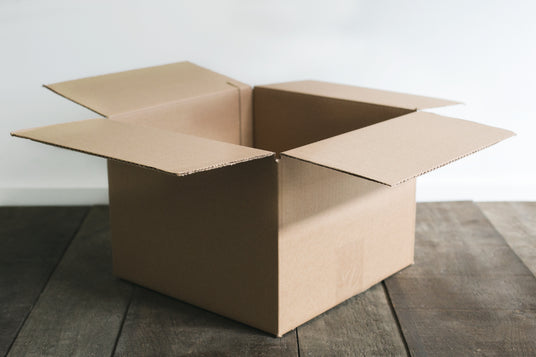
We deliver exactly what you need right to your door
Whether you need a standard 20x20 air filter, a thin 24x28 filter, or a custom 1 inch air filter you can't find in stores.
- Our premium quality air filters are available in Standard and Custom Size Air Filters
- Superior Quality, Low Prices
- High Filtration Efficiency
- Pleated Air Filters, Furnace Filters, HVAC Filters, and Whole House Filters in Multiple MERV Ratings to fit your needs
- Changing your air filters regularly can reduce your energy bill by up to 15%
High Quality Furnace & HVAC Filters
Cleaner Air, Better Performance, Lasting Value
If allergies flare up at home, or you have pets, stepping up to a MERV 11 or MERV 13 filter can make a real difference.
These higher-efficiency air filters capture finer particles that trigger symptoms including pet dander, pollen, and other common household irritants, so your air feels cleaner and your home more comfortable.
Built with durable, high-quality materials and made in the USA, Aerostar pleated filters are engineered for reliable performance and easy replacement. They’re designed to fit most major furnace and AC systems, helping maintain strong airflow while protecting your equipment from dust and debris.
Why Choose Aerostar Filters?
- Fast, Free Shipping on every order
- Made in the USA
- Available in MERV 8, MERV 11, and MERV 13 ratings and more
- Compatible with most furnaces & AC brands
- Subscribe & Save with 8% off every auto-delivery
- Wide selection of sizes & thicknesses to fit your system
Want to take one more task off your list? Subscribe & Save and get 8% off every auto-shipped order. Set your delivery frequency to match your change schedule and keep fresh filters coming, no last-minute runs or guesswork.
Ready to find the right fit? Explore our pleated lineup across popular depths to match your system and air quality needs.
















